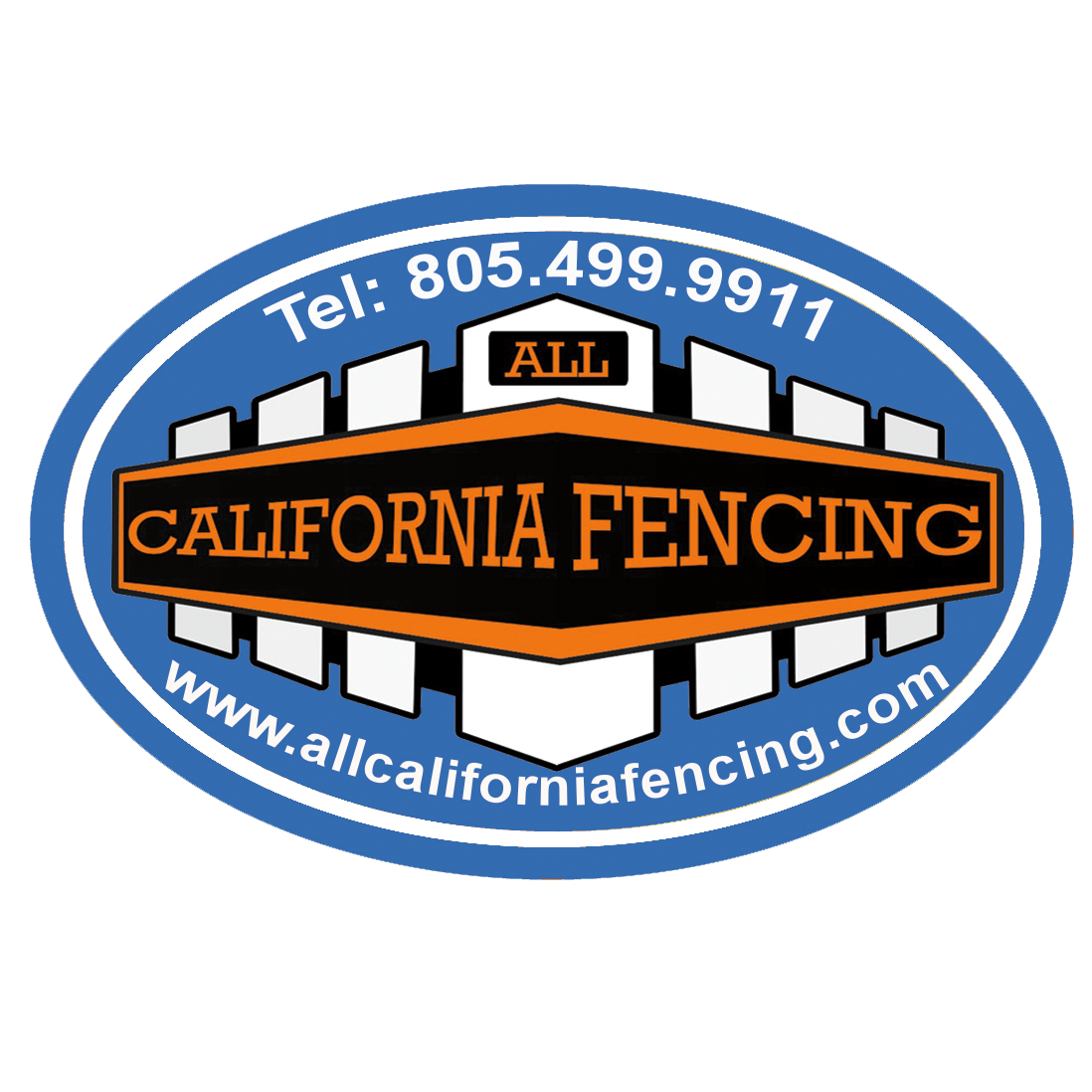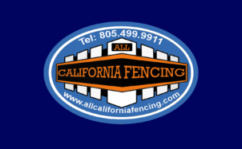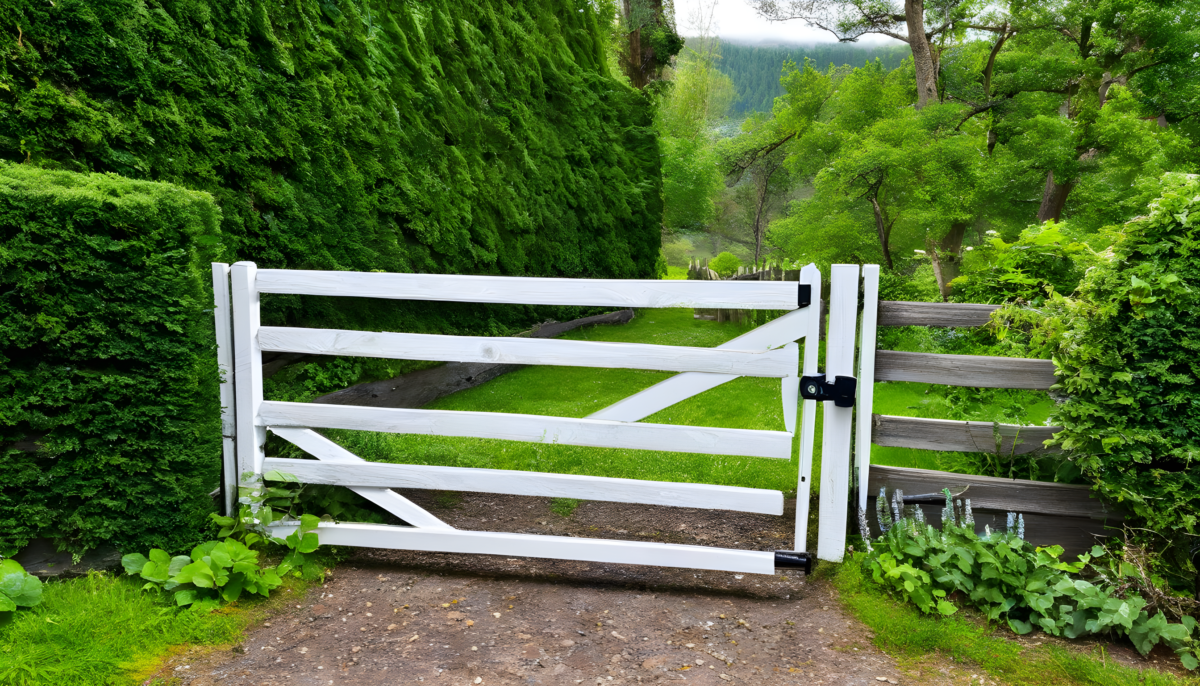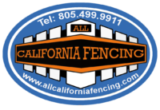As homeowners seek to enhance the security, privacy, and curb appeal of their properties, selecting the right fence gate material becomes a crucial decision. The gate serves as both a functional and aesthetic element, contributing to the overall look and feel of a property while also providing security and access control. With a plethora of options available in the market, it can be challenging to determine the best fence gate material. This article aims to explore various materials, their pros and cons, and key considerations to help you make an informed decision.
Wooden Gates
Wood has been a traditional and popular choice for fence gates, appreciated for its natural warmth and versatility. Cedar and redwood are particularly favored due to their natural resistance to decay and insects. Wooden gates offer a classic and timeless aesthetic, blending seamlessly with various architectural styles. However, they require regular maintenance, including staining or painting, to protect against the elements. Without proper care, wood may warp, rot, or succumb to insect infestations over time.
Metal Gates
Metal gates, made from materials such as iron, steel, aluminum, or a combination, are renowned for their durability and security. Wrought iron gates, in particular, exude elegance and provide a high level of strength. Steel gates are robust and resistant to rust, making them a practical choice for regions with diverse weather conditions. Aluminum gates offer a lightweight alternative with resistance to corrosion, making them suitable for coastal areas. Metal gates can be customized with intricate designs, adding a touch of sophistication to any property. However, some metal gates may require periodic maintenance to prevent rust.
Aluminum Gates
Aluminum gates deserve special attention for their unique combination of strength, lightweight properties, and resistance to corrosion. These gates are an excellent choice for those seeking a durable and low-maintenance option. Aluminum gates are not prone to rust, making them ideal for areas with high humidity or near the coast. Additionally, their lightweight nature allows for easy operation, reducing strain on hinges and other hardware. Aluminum gates are available in various styles, providing homeowners with both versatility and aesthetic appeal.
Vinyl Gates
Vinyl gates have gained popularity in recent years due to their low maintenance requirements and durability. These gates are resistant to rot, decay, and insect damage, making them an excellent choice for homeowners looking for a hassle-free option. Vinyl gates are available in various styles and colors, allowing for customization to match the aesthetic of the property. While they may lack the natural warmth of wood, vinyl gates are a practical solution for those seeking a long-lasting and low-maintenance option.
Composite Gates
Composite gates combine the benefits of different materials, typically blending wood fibers with plastic. This results in a gate that mimics the appearance of wood while offering the durability and low maintenance of plastic. Composite gates are resistant to rot, insects, and weathering, making them a viable alternative to traditional wooden gates. They also come in various styles and colors, providing homeowners with flexibility in design.
Key Considerations When choosing a Gate Material
- Climate and Environment: Consider the local climate and environmental conditions. Some materials may be better suited for specific climates, such as metal or aluminum gates in coastal areas or vinyl gates in humid environments.
- Maintenance Requirements: Evaluate the time and effort you are willing to invest in maintaining your fence gate. Wooden gates typically require more maintenance than metal, aluminum, or vinyl gates.
- Budget Constraints: Establish a budget for your fence gate project. While wooden gates may be more affordable initially, consider long-term costs, including maintenance.
- Aesthetic Preferences: Choose a material that complements the overall aesthetic of your property. Whether you prefer the classic charm of wood, the modern look of metal, the low maintenance of vinyl, or the lightweight durability of aluminum, select a material that aligns with your taste.
- Security Needs: Assess the level of security required. Metal gates, especially wrought iron or steel, and aluminum gates are known for their strength and durability, providing an added layer of security.
Conclusion
Selecting the best fence gate material involves a careful balance between aesthetics, durability, maintenance, and budget considerations. Each material has its unique advantages, and the ideal choice depends on individual preferences and practical needs. Whether opting for the classic appeal of wooden gates, the strength of metal gates, the low maintenance of vinyl gates, the lightweight durability of aluminum gates, or the versatility of composite gates, homeowners can enhance both the functionality and beauty of their properties with the right selection. As you celebrate your property’s new fence gate, you can rest assured that a well-informed decision will contribute to years of security and visual appeal.













